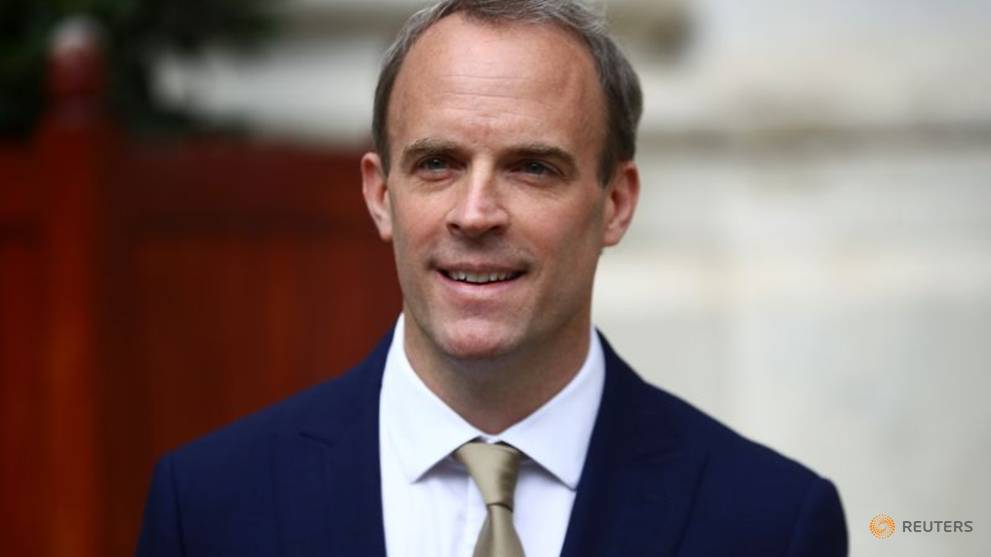
WASHINGTON, DC: A top senator is preparing a Bill to ban Chinese companies from United States capital markets if they engage in spying, human rights abuse or support China's military, threatening a financial blow as tensions mount over COVID-19 and Beijing's crackdown on Hong Kong.
Republican Marco Rubio, a prominent China hardliner, said he plans to unveil the legislation in the coming weeks after the US Department of Defence released a list of 20 companies that it alleges are owned or controlled by the Chinese military.
"The Chinese Communist Party's exploitation of US capital markets is a clear and ongoing risk to US economic and national security that must be addressed," Rubio said in a statement to Reuters.
"In the coming weeks, I will be introducing legislation to ban these companies from operating in US capital markets and make clear to the Communist Party that they will no longer be able to exploit our financial system," he added.
The Bill will also target companies that support Chinese industrial policy, according to Rubio, who spearheaded successful anti-China initiatives including legislation to sanction Beijing for its repression of Uighur minorities.
The move by Rubio, acting chairman of the Senate Select Committee on Intelligence, comes as relations between Washington and Beijing have soured over China's crackdown on Hong Kong via a national security law and the origins of the coronavirus, which has killed over 125,000 Americans.
On Monday, the US began eliminating Hong Kong's special status under US law, halting defence exports and restricting the territory's access to advanced technology as retaliation for the move.
Roger Robinson, a former White House official who supports curbing Chinese access to US investors, said 13 of the 20 companies designated by the Defence Department last week as backed by the Chinese military have a presence in US capital markets.
READ: Trump administration labels Huawei, Hikvision as backed by Chinese military
"The list of PLA (People's Liberation Army)-affiliated Chinese enterprises released by the Pentagon is symptomatic of the broader challenge represented by Chinese companies in our capital markets from an investor protection, national security and human rights perspective," said Robinson, referring to the People's Liberation Army.
China hardliners in Washington have already targeted China's access to US capital markets as a pressure point, succeeding in halting plans by federal pension fund administrators to allow a US$40 billion fund to track an index that includes controversial Chinese companies.
In May, US President Donald Trump tasked a team with studying US-listed Chinese companies to better protect American investors after China's Luckin Coffee, which trades on the Nasdaq stock exchange, said employees fabricated millions in sales.
https://news.google.com/__i/rss/rd/articles/CBMiamh0dHBzOi8vd3d3LmNoYW5uZWxuZXdzYXNpYS5jb20vbmV3cy93b3JsZC91cy1iYW4tY2hpbmVzZS1jaGluYS1maXJtcy1jYXBpdGFsLW1hcmtldHMtbWFyY28tcnViaW8tMTI4OTIyNjjSAQA?oc=5
2020-07-01 23:15:00Z
52780880940676

